Airbnb listing options are one of the most significant drivers of the travel industry. The average traveler has become agnostic to the particulars of a platform. When people travel, they want options ranging from boutiques to hotels, home rentals, or even serviced apartments. Airbnb is part of what makes that possible, and hoteliers leveraging those options are gaining a significant advantage over the competition.
In this article, you’ll discover how to tap into that demand by creating hotel listings on Airbnb, operational requirements, and optimizations.
Table of Contents:
- What Is an Airbnb Listing?
- Why Should Hotels Consider Creating an Airbnb Listing?
- What Are Airbnb’s Requirements for Hotel Listings?
- How to Create a Professional Airbnb Listing as a Host
- Step 1: Set Up a Business-Ready Host Profile
- Step 2: Choose the Right Listing Type
- Step 3: Write a High-Converting Title and Description
- Step 4: Select and Optimize Amenities
- Step 5: Set Clear House Rules and Policies
- Step 6: Upload High-Quality, Professional Photos
- Step 7: Set Pricing and Availability
- Step 8: Final Review and Go Live
- What Are Airbnb Listing Fees for Hotels?
- How to Manage Multiple Airbnb Listings at Scale
- How Hoteliers Can Benefit From Airbnb Listing
- Strategies to Increase Bookings for Airbnb Hotel-Based Listings
- Airbnb Login: Tips For Airbnb Hosts To Optimize Your Listing
- Airbnb Pricing Strategies: Ultimate Guide for Revenue Management
What Is an Airbnb Listing?
Airbnb listing definitions are best centered around the idea of a digital showcase for your property. The service began as a peer-to-peer rental service. Over time, Airbnb became a full booking service that highlights every aspect of a location. This includes the types of rooms you provide and their pricing options, policies, services, or amenities. Airbnb moves beyond simply listing stats. It’s more about selling an experience, which is why photos are an important part of a listing.
A listing gives you the chance to highlight what separates your property from the competition. You need to accentuate design elements, local flavor, personalization, and what your staff can provide. When properly leveraged, Airbnb can boost soft periods, improve your revenue channel’s diversification, and improve distribution strategies.
Why Should Hotels Consider Creating an Airbnb Listing?
Arguably, the most significant reason why a hotel would want to consider creating an Airbnb listing comes down to volume. Airbnb is already stiff competition for the numbers seen in traditional OTAs. Airbnb numbers are growing, as are people’s expectations that hotels will be listed within it. Learning how to list a hotel on Airbnb is synonymous with learning how to gain a significant advantage over competitors who are neglecting this important new platform.
According to McKinsey’s tourism analysis, home-sharing grew from 10% to 14% of total accommodation booking value. This proves that vacation rental platforms aren’t just rivals to hotels, they’ve become complements. The market for vacation rentals is also expected to hit $278 billion by 2035, according to Future Market Insights.
Even hotel industry leaders agree with this perspective. Christopher Nassetta, CEO of Hilton, explained at the Skift Global Forum:
“I never felt that for Airbnb to win, hotels had to lose. The evidence of that is that Airbnb had approximately 400 million guest arrivals last year. Last year, hotels had revenue and profits significantly higher than before we started.”
However, this is only the start of the advantages waiting to be discovered. Investment costs are a significant element. You’ll see a lowered need for standard OTAs, which means a reduction of those fees. Likewise, you’ll be able to leverage Airbnb’s marketing to work for you without any additional advertising costs. You’ll also benefit from your guests’ reviews on Airbnb. Finally, differing demographics on Airbnb can balance out seasonal slumps.
Video: The Airbnb Listing Setup: More Views, More Bookings, More Money
What Are Airbnb’s Requirements for Hotel Listings?
You should begin your strategy by considering the following Airbnb listing requirements for hotels.
- Registration Compliance: Proof of insurance, business registration documents, and proof of insurance are all required by Airbnb.
- Property Categorization: To qualify for specialized categories, you’ll need certification as a hotel, boutique property, or B&B
- High-Quality Photography: Provide at least five high-quality photos of each room category at a resolution of at least 1440 x 960.
- Verified Contact Information: Airbnb’s communications requirements require availability 24/7 and encompass email, emergency phone numbers, and a detailed plan for responses.
- Detailed Amenity Descriptions: An Airbnb listing for hotels will need documentation of the hotel’s amenities, including meal options, housekeeping, Wi-Fi, and extra-fee services.
- Cancellation Policy Selection: Hotels need to both remain competitive with other hotels and fit their existing structure into Airbnb’s cancellation tiers of flexible, moderate, and strict.
If your hotel meets all of these requirements, there’s a better chance of receiving additional perks, such as placement in the “Unique Stays” or “Airbnb for Work” collections, along with algorithm-based benefits.
How to Create a Professional Airbnb Listing as a Host
Successfully creating a hotel Airbnb listing means working with it in a similar way to other distribution channels by following these steps.
Step 1: Set Up a Business-Ready Host Profile
The first step in creating your Airbnb listing involves brainstorming your brand as you set up a host account. Make sure to combine your full hotel name with a high-quality logo and a solid description. You should ensure that this includes depictions of your approach to hospitality and the location itself.
Tip: Leverage cross-site promotion by ensuring outside links are allowed and linking to your property’s website.
Step 2: Choose the Right Listing Type
An Airbnb accommodation listing can fall under a hotel room, private room, etc. Convey what you provide, using proper categories, like “bed and breakfast,” to communicate those facts. Additionally, you can give specific room types their own listings. This might include Studios, Deluxe King, or even groups of rooms if they’re the same.
Video: How to List Multiple Rooms on Airbnb
Step 3: Write a High-Converting Title and Description
You want to stand out, so consider whether your Airbnb listing title is unique. Use emotionally charged descriptors like “stylish” or note nearby landmarks or services. Leverage your location’s selling points in the title.
Use the following as a guide for your description:
- Opening: Describe who would perfectly fit the room.
- Room details: Bed, bath, size, and window views.
- Amenities: Any workspaces, housekeeping services, and Wi-Fi.
- Guest experience: Concierge availability, perks, and the nature of the area, including nightlife or a peaceful atmosphere.
Airbnb listing tip: You can make your listing easier to read on mobile platforms by using formatting elements such as bullet points or breaks.
Step 4: Select and Optimize Amenities
It is important that you check every applicable box in the Airbnb listing amenities. In part because potential guests will note elements like air conditioning, Wi-Fi, and around-the-clock check-in. However, it’s also due to Airbnb’s algorithm prioritizing listings with more amenities and ranking them higher in search results.
Step 5: Set Clear House Rules and Policies
Airbnb has its own tools to automate policy enforcement. However, you still need to carefully state your requirements, such as ID, cancellation requirements, times for checking in and out, noise policies, and whether smoking is allowed.
Best practice: Ensure all your platforms are aligned with one set of rules through a booking engine or PMS.
Step 6: Upload High-Quality, Professional Photos
Most people would agree that the best way to market a hotel on Airbnb is through high-quality photos. You’ll want to ensure that the rooms you capture are in the best possible state and well-lit. Show common areas, the local view, and similar elements at their best with the help of professional photographers. Include these elements:
- 1 cover photo
- 3 to 5 photos of the rooms
- 1 to 2 shots of bathrooms
- 1 to 3 photos that highlight guest experiences
Pro tip: Use natural lighting, and go along with Airbnb’s recommendation to use 1024 x 683 or higher resolution.
Step 7: Set Pricing and Availability
Set a base price that can scale through the use of PMS integrated into Smart Pricing or other tools. Scale your prices for events, weekends, and the need for competitively based discounts. Additionally, make sure to sync availability over all your platforms with a channel manager.
Video: How to Set Up Discounts & Promotions on Your Airbnb Listing
Step 8: Final Review and Go Live
Put yourself in a guest’s shoes and think about their impressions. Look over easily missed typos and details like spelling, availability, amenities that might have changed, etc. Keep watch on the listing after publication, as early reviews steer performance, and happy guests leave good reviews.
What Are Airbnb Listing Fees for Hotels?
Airbnb uses a host fee design rather than the OTA methodology. This means your hotel Airbnb listing will have more advantageous profit margins, especially with low-season boosts and direct-booking alternatives. Study the following points to get the most out of Airbnb’s advantages.
- Host Service Fee: Standard OTA commissions range from 15% to 30% of the total reservation cost, while a hotel’s host fee on Airbnb typically falls between 3% and 5%.
- Guest Service Fee: Guests usually have to pay around 5% to 15% of their booking’s subtotal as a service fee when using Airbnb. This can have an impact on conversion rates and how people judge costs.
- Payment Processing Fees: You should assume a basic 1% to 3% fee for payment processing, which includes converting currency, when you estimate your finalized profit records.
- Professional Photography: Airbnb reports that an optional investment of around $100 to $500 for professional-level photography of your property can increase conversion rates by up to 40%.
- Cleaning and Service Fees: Turnover costs can be offset by hotels if they set a separate cleaning charge, generally at $15 to $75, scaling by room size, which will avoid Airbnb host fees.
- Tax Collection: You’ll often see streamlined tax processes, thanks to Airbnb, which often processes occupancy taxes in many locations.
If you want to find more information about Airbnb fees, read “Airbnb Fees and Their Impact on Your Hotel’s Competitive Strategy.”
How to Manage Multiple Airbnb Listings at Scale
Micromanaging updates as a hotel within an Airbnb listing isn’t really viable for any but the smallest properties. Rather, you’ll want to use automation through integrated management systems to push centralized updates to multiple points. The following are the best options for doing so.
1. Connect Your PMS and Use a Channel Manager
A property management system (PMS) is the backbone of modern, scalable Airbnb endeavors. A PMS integrates your property through channel managers like Airbnb’s own system, Cloudbeds, SiteMinder, or Rentals United. Important elements like room availability, restrictions, and your rates can be instantly updated across all platforms.
2. Sync Listings Across Airbnb, Booking.com, Vrbo, and Others
The majority of channel manager options leverage 2-way integration, where your changes in a PMS instantly propagate to all your listings. This is true if you’re pairing Expedia, Booking.com, Agoda, Vrbo, and many others with Airbnb’s listings.
3. Use Centralized Calendar and Messaging Systems
Prompt response times are part of the Airbnb listing service for hotels. PMS and channel management systems typically provide a centralized inbox that allows for quick and efficient responses. Whether that’s booking messages, Airbnb questions, or even post-stay updates, you can use automations along with templates to maintain a unified presence.
4. Use Third-Party Analytics Platforms for Deeper Insights
While useful, the standard tools provided by Airbnb are limited when compared to third-party options like PriceLabs, Wheelhouse, or AirDNA. You can link these tools to a channel manager or PMS to help with benchmarking against competitors, Airbnb listing, checking current pricing trends, and seeing how those trends translate into future market demand.
How Hoteliers Can Benefit From Airbnb Listing
An Airbnb listing provides a wealth of advantages for hotels. But the following are the most important to focus on when leveraging Airbnb’s potential.
1. Access to a Different Customer Demographic
International guests looking for unique experiences, people traveling on business, and even millennials prioritizing authentic experiences are all important and difficult to attract demographics. Airbnb listing options help you reach these demographics and tap into segments normally removed from OTA platforms.
2. Reduced Commission Costs
The Airbnb listing fee is typically more advantageous for hotels than the standard OTA listings. While OTAs average around 15% to 30% commission fees, Airbnb only charges around 3%. Even Airbnb’s service fee is paid by the guest rather than the hotel. On top of these benefits, a hotel will typically have more pricing control with Airbnb.
3. Improved Occupancy During Off-Peak Periods
You can easily increase bookings for Airbnb hotel listings during off-peak periods. Remote workers, people traveling for events, extended stay, and those with flexible schedules are often already using Airbnb. Work with your pricing, cancellation, and minimum stay rules to leverage those demographics during traditionally slow periods.
4. Direct Guest Communication
Airbnb provides streamlined communication that boosts pre-booking messaging. You can provide individual recommendations, answer questions, and build bridges to encourage potential guests. This also helps sell additional services, room upgrades, or other packages.
5. Flexible Inventory Management
An Airbnb listing lets hotels easily test new room options. You won’t have to push your entire inventory; rather, you can run tests with themed rooms, rooms in a more apartment-style, exclusive specialization, etc. You can test your pricing structure and market reception to see what’s popular and profitable before a larger rollout.
Strategies to Increase Bookings for Airbnb Hotel-Based Listings
Use the following strategies to optimize your Airbnb experience.
- Dynamic Pricing Implementation: Automation can adjust your pricing based on seasons, demand, local interest, and competition.
- Professional Photography Investment: Professional-level photographs showing amenities, shared areas, and your full room options are the best way to drive bookings on Airbnb.
- Strategic Promotion Timing: Aim for specific demographics, such as business or leisure travelers, with limited-time offers like weekday or weekend packages to elevate slower periods.
- Instant Book Activation: Activating Instant Book reduces difficulties with booking while increasing visibility to ensure higher search result placement.
- Local Experience Partnerships: Ensure your distinction from competitors through unique packages you specially design around local and even unique experiences.
- Regular Listing Refreshes: Update and revise your titles, descriptions, and photographs to reflect appealing improvements, seasonal attractions, and to show you’re actively growing to stay fresh in the search results.
Airbnb Login: Tips For Airbnb Hosts To Optimize Your Listing
The Airbnb login system is a key resource for proper multitasking, whether with multiple properties or team members. But handling multiple points requires careful consideration of security and larger-scale functionality. You’ll discover how to use, secure, and strategize with the Airbnb system in the article “Airbnb Login: Tips For Airbnb Hosts To Optimize Your Listing.”
Airbnb Pricing Strategies: Ultimate Guide for Revenue Management
Getting the most out of Airbnb means understanding how its pricing system differs from standard hospitality platforms. You need to understand every step of the pricing structure, from any inherent Airbnb fees to the impact of guest preferences and patterns on your profit. You can learn Airbnb pricing strategies, including the use of special events and seasonal deals, in the article “Airbnb Pricing Strategies: Ultimate Guide for Revenue Management.”
FAQs: Airbnb Listing
Airbnb listing options for hotels are a powerful tool, but one that absolutely demands a solid strategy to go along with it. To really push ahead of the competition, you should consider your own situation, what you’ve learned here, and then leap into action.
Did You Like This Article About Airbnb Listing?
You might also be interested in the following articles:
- Airbnb China Hotel Guide Including Alternative Booking Platforms
- How to Outsource Airbnb Cleaning Service
- Airbnb Host Login: How to Get More Bookings on Airbnb
More Tips to Grow Your Business
Revfine.com is the leading knowledge platform for the hospitality and travel industry. Professionals use our insights, strategies, and actionable tips to get inspired, optimize revenue, innovate processes, and improve customer experience.Explore expert advice on management, marketing, revenue management, operations, software, and technology in our dedicated Hotel, Hospitality, and Travel & Tourism categories.

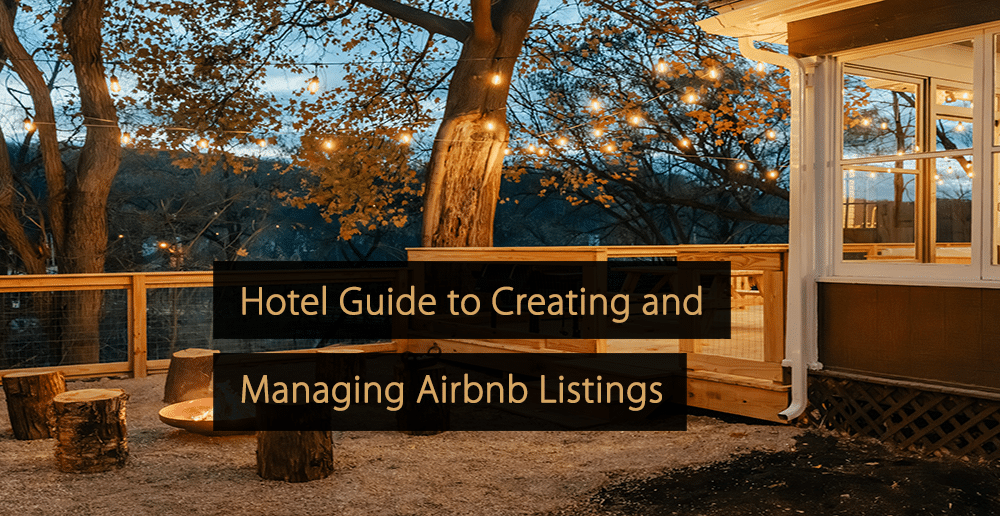
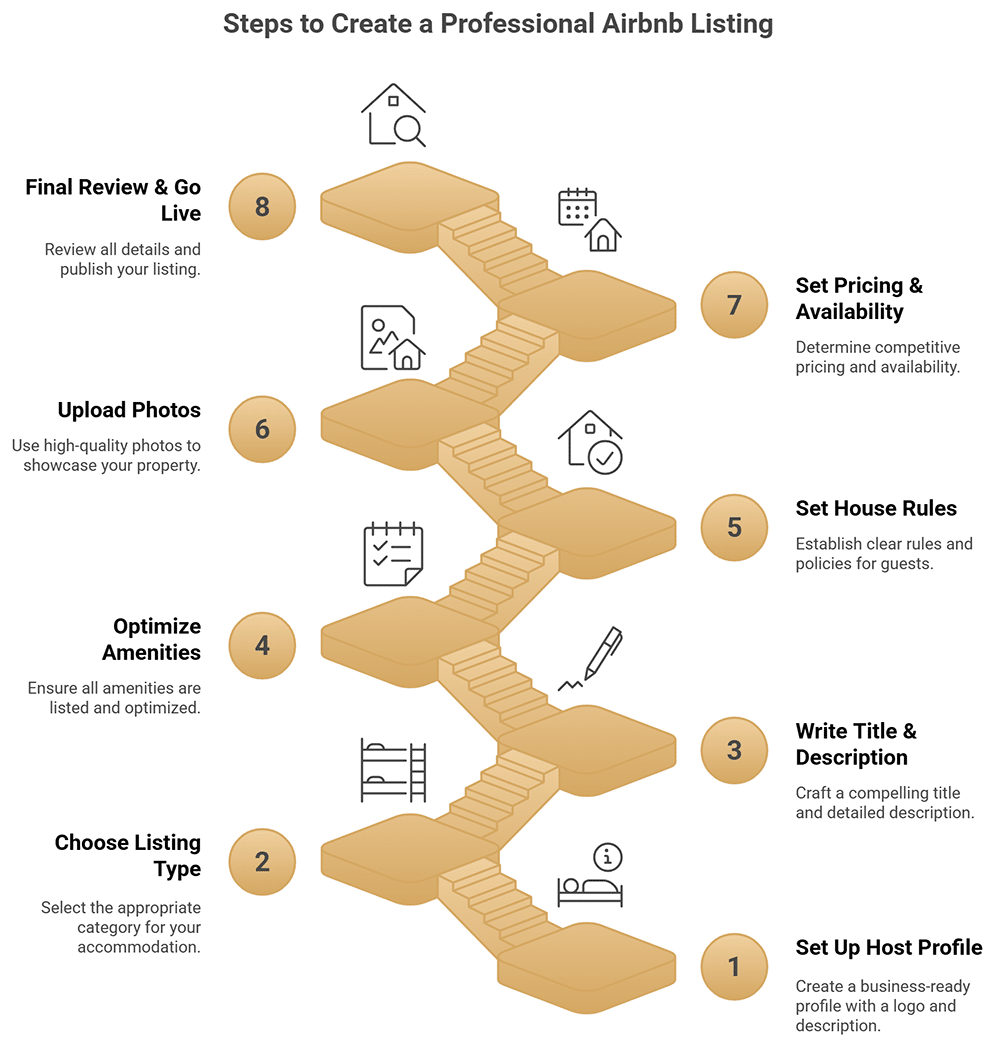
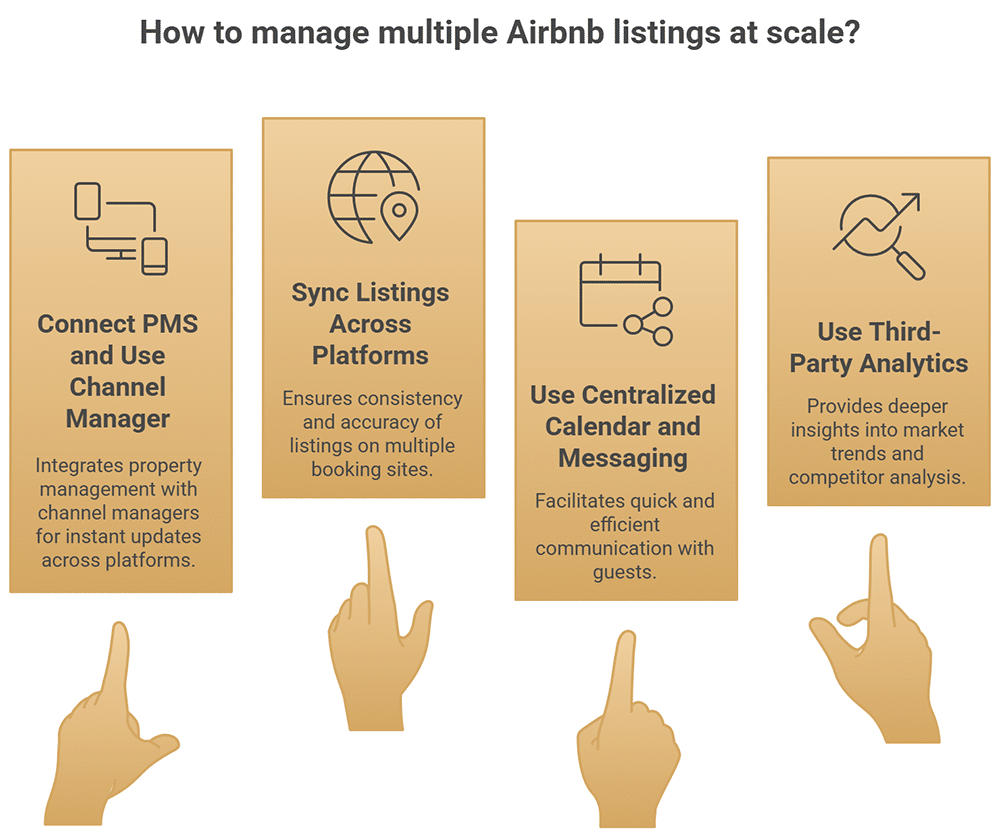
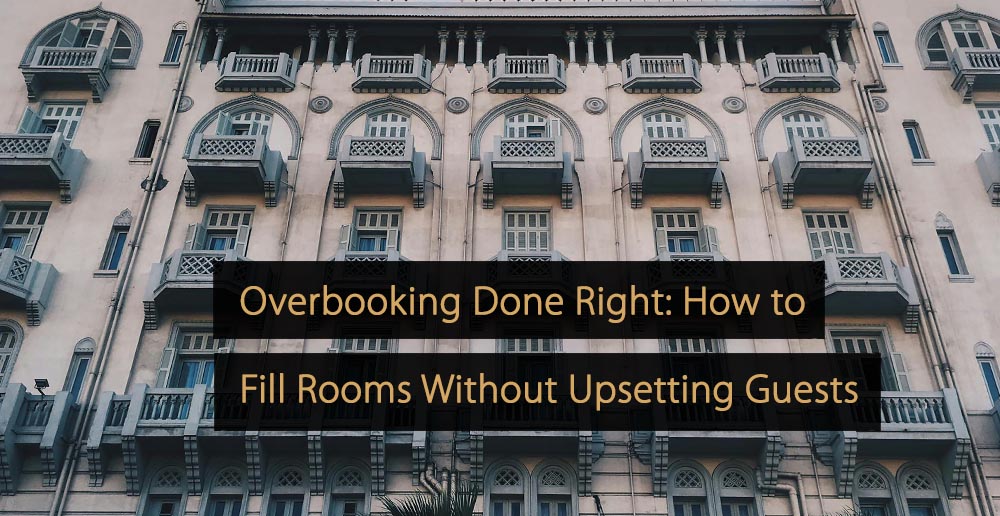
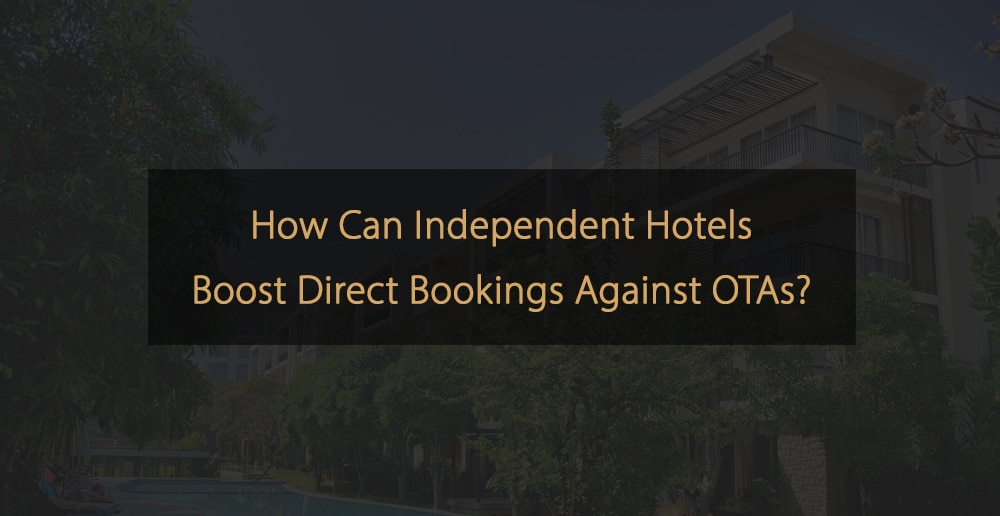

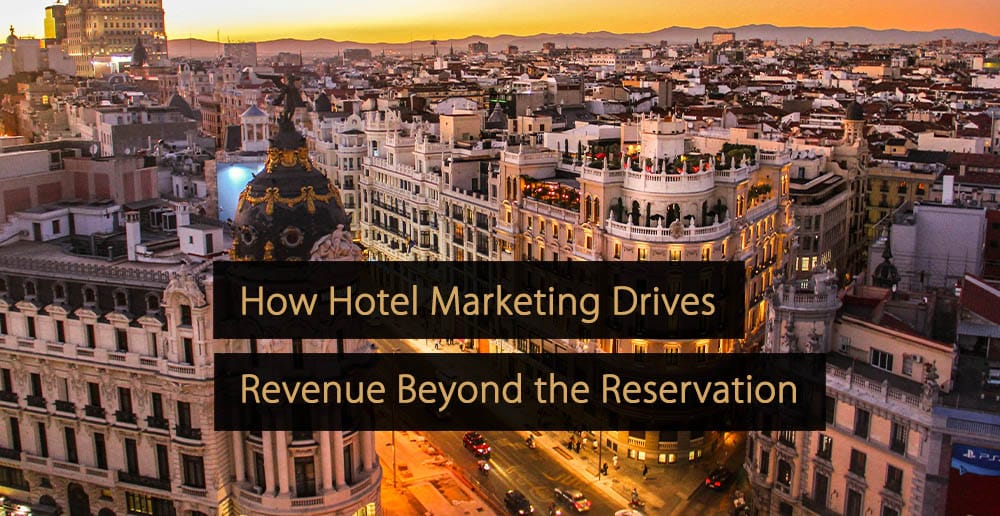
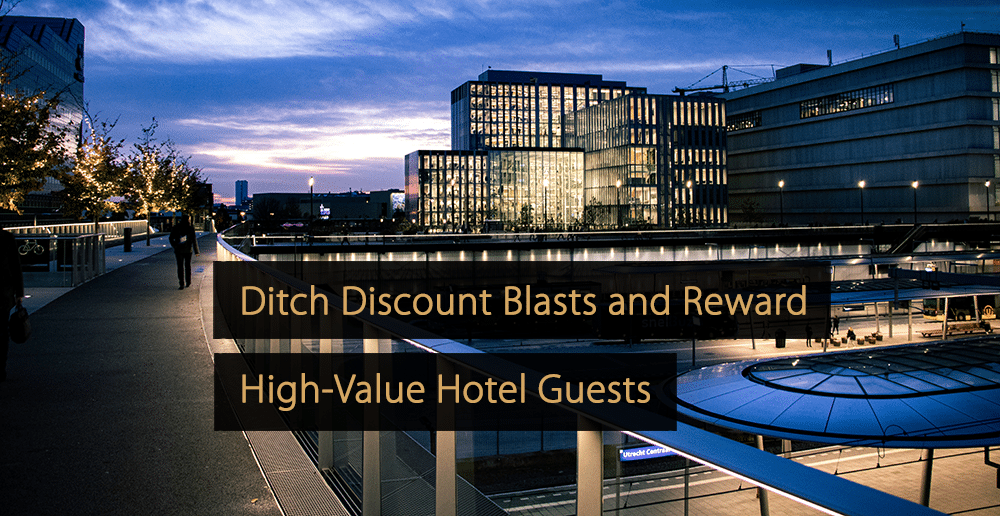
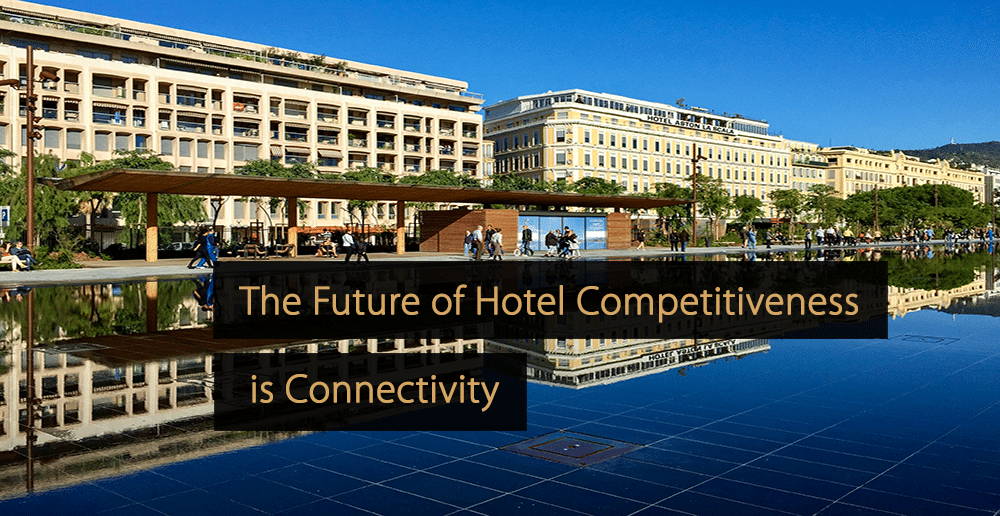
Leave A Comment